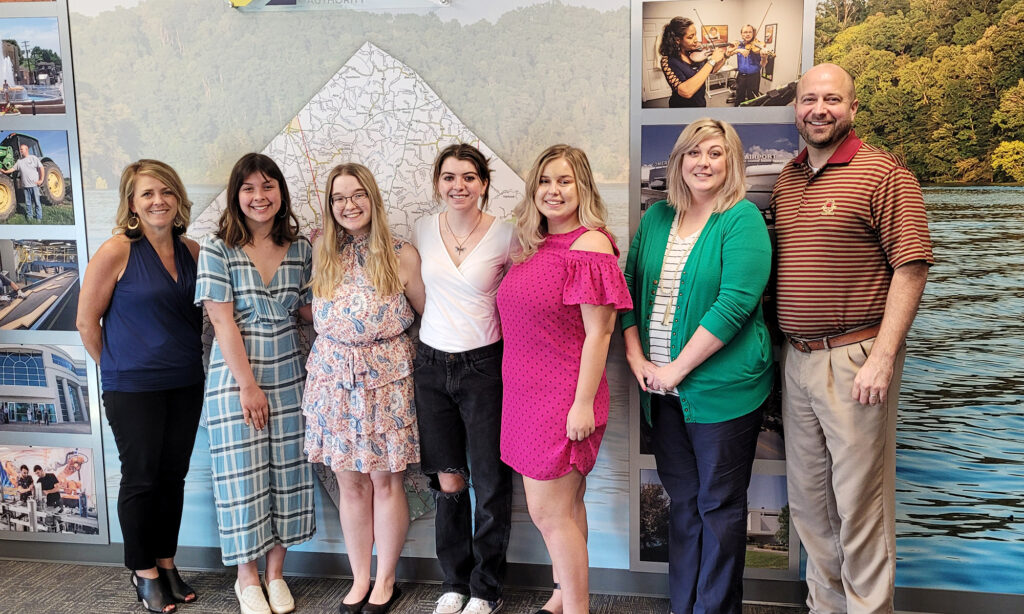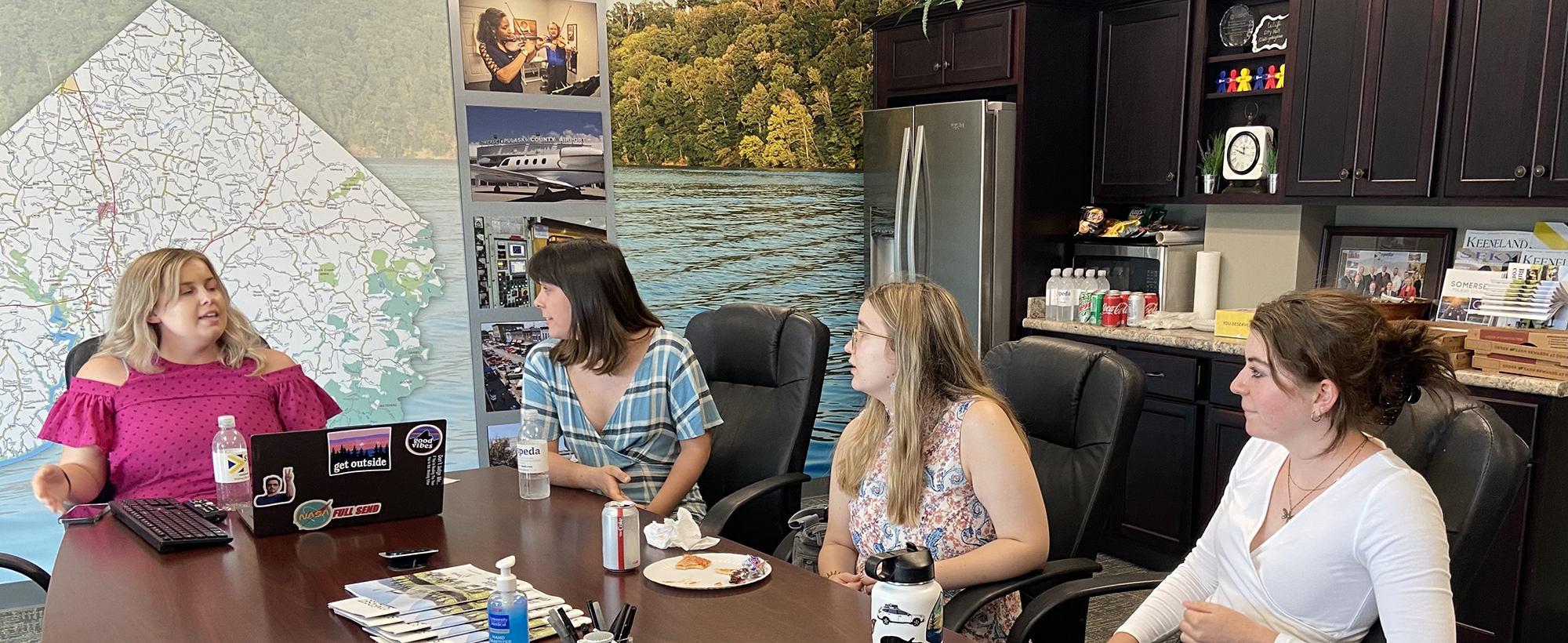Conservation, sustainability and diversity are all important factors
In the race for superlatives, the graduates of the Class of 2021 could easily earn the distinction of “most adaptable.”
Many of these students experienced their senior year virtually because of the COVID-19 pandemic, choosing to enter the workforce while finishing their high school classes online instead of going back into the classroom.
Having to adapt to challenging circumstances has given them a unique perspective on education, the local economy and what would encourage them to stay or move back to Pulaski County — points of view they shared during a recent focus group session with the Somerset-Pulaski Economic Development Authority (SPEDA).
Living in a community that is more environmentally conscious, sustainable, walkable and diverse is a top priority for these students, who participated in the focus group as part of the capstone project for SPEDA’s internship program. Every summer, SPEDA’s intern assembles a group of recent high school graduates to discuss what they’re looking for in choosing a community in which to live.
The goal: Using this feedback to create programs and initiatives that will encourage students to stay in or move back to Somerset-Pulaski County. Interns then submit a report about what they learned from the group.
“We want to do everything we can to make this community a better place,” SPEDA President and CEO Chris Girdler said. “We truly value these students’ opinions. What is it these students like about this community? What is it they don’t like? What goals do they want to pursue? What they tell us will become part of our mission and vision going forward.”
This year’s intern, Pulaski County High School (PCHS) graduate Shelbie Black, led the conversation among her peers, which included Southwestern High School graduate Madison Trusty and PCHS graduates Addie Wilson and Macy Hudson. Caring for the community was a common thread among the issues the group discussed, which ranged from mental health resources to tourism, the environment and transportation.
Suggestions from these students to make Pulaski County a place they want to return include:
- Preserving and promoting the community’s beauty and outdoor charm while adding more green space. “We’re talking about Somerset growing as a community, raising our economy, attracting more people. I feel like we’re expanding and making changes, but we’re building on top of what we already have and taking away all of the green space,” Hudson said. “We should avoid becoming another concrete jungle.”
- Making the community more walkable with sidewalks and adding bike lanes, which would also help in improving homelessness and unemployment. “Living in Pulaski County, we all come into the center from outside communities. We have to drive. In Somerset, in the city, I think it’s important to cut back on emissions, encourage more walking and biking downtown,” Trusty said.
- Continuing progress in providing opportunities for people of all walks of life by promoting the arts and adding public transportation options that connect Somerset to outlying areas in Pulaski County. “As our community is growing … we need to accommodate all types of people, whether poor or rich, whether they drive a Tesla or walk down the road,” Wilson said.

One problem overshadowing all of these suggestions is the perception that staying in Somerset-Pulaski County after high school or returning here after college means you are failing to succeed.
“You’re either an accelerated student and going to college and going away to build a life, or you’re staying here and working a factory job,” Wilson said. “There’s no in-between.”
These students hope this perception will change if more young people take part in making positive changes in the community. Finding more ways for high school students to get involved in economic and community development efforts is important, Black said. While local leaders and organizations have improved their social media presence as a way of communicating with this audience, they need to put more emphasis on reaching out to young people.
“While obviously some young people and some adults don’t care about changes in the community, many (like the focus group participants) do,” Black wrote in her final report. “In fact, one could even say the kind of graduates that care about these things are also the kind who will be involved in the community as adults and the kind that the community should be prioritizing.”
Before her internship at SPEDA, Black said the chances she would return to Pulaski County after college were “slim.”
“I guess you could call me a skeptic,” Black said. “Pulaski has always been the kind of place I wanted to live, just never the kind I wanted to work in. But greater exposure to our community’s momentum makes it clear to me that Somerset is becoming more and more like a place I can call home.”

